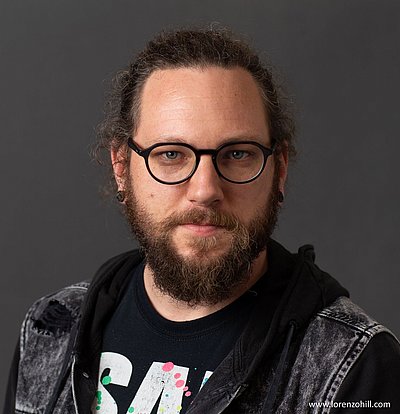Automated driving: to be in control or being controlled?
4. Juni 2019, 13.00 Uhr Kunstuniversität Linz, Domgasse 1, DO0327
Interface Cultures lädt im Rahmen der INTERFACE CULTURE INVITED LECTURE SERIES zum Gastvortrag von Philipp Wintersberger.
Automated vehicles have the potential to revolutionize transport by freeing humans from the tedious driving task. Associated promises include less vehicles on the street, higher traffic safety, better utilization of travel time and, as a consequence, relaxed traveling and a more sustainable environment. However, recent fatalities with this technology raised the question, whether or not the everyday user can safely operate such complex systems in potentially dangerous situations. Depending on the level of automation, transferring the driving task to automated systems poses new challenges for human-machine interfaces. To overcome safety related issues, some vehicle manufacturers even suggest excluding humans from the control loop and directly aim at fully automated vehicles without steering wheels or pedals. However, since human factors research claims being able to augment and enhance human capabilities rather than amputate, and further many potential users simply do not want to get rid of driving controls, the research of our team from the Human-Computer Interaction Group at THI works on the provision of in-vehicle interfaces that support emerging user needs while maintaining safety. Our awarded, cutting-edge research in this area thereby answers questions such as can consumer devices like tablets or smartphones substitute traditional steering wheels? Can attentive user interfaces monitor the driver and adapt behavior to varying circumstances? Can system transparency be provided by augmented reality, or even olfactory cues? And finally, what are the ethical implications of automated driving for our society?
Philipp Wintersberger is a researcher at the research center CARISSMA/THI and obtained his diploma in Computer Science from Johannes Kepler University Linz specializing in Human-Computer-Interaction and Computer Vision. He worked 10 years as a software engineer/architect and was invited speaker about mobile computing and software development at several conferences/events. In January 2016, he joined the Human-Computer Interaction Group at CARISSMA/THIto conductresearchin the area of Human Factors and Driving Ergonomics.

